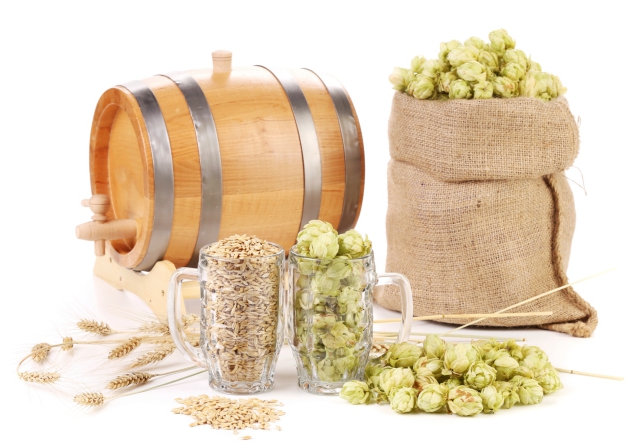Governor Cuomo Proposes New Bill Supporting Craft Beverage Producers

Craft beverage producers of New York may be facing fewer restrictions thanks to a bill announced by Governor Andrew Cuomo Monday.
The proposed legislation includes several provisions that would benefit the craft beverage industry, including an easier permit process and reformed marketing restrictions.
This past April, producers met with government officials in New York’s second Wine, Beer, Spirits and Cider Summit. The new bill is a result of conversations at the summit regarding how to promote the growth of this particular industry.
The New York Farm Bureau released a statement in praise of the bill, highlighting their enthusiasm at working with Cuomo’s administration.
“It will be incredibly beneficial to an industry that has seen tremendous growth in recent years, a trend that will no doubt continue thanks to initiatives in this bill,” they said.
Those upward trends in craft beverage production have skyrocketed in recent years. There are 100 microbreweries in New York today compared to just 40 in 2011. In the same time frame, the number of farm distilleries has risen 420%, and the number of farm wineries has increased by 50%.
Highlights of the bill include an increase on production caps for smaller manufacturers and decrease in the food requirements necessary for manufacturers to have on-premises licenses. Additionally, manufacturers would be able to hold tastings and sell beverages by bottle or glass without separate licenses.
“New York State recognizes that the booming growth of the beverage industry means more jobs and economic activity, and we are proud to continue our support by rolling back burdensome restrictions and enabling producers to sell more, at a lower price,” Cuomo said.
The New York Farm Bureau echoed Cuomo’s sentiments, explaining the impact the proposed legislation would have on the entire New York agriculture industry. Loosened regulations for beverage manufacturers would also help local farmers who source the ingredients.
If passed by the New York State Senate, the bill would take effect 30 days later.









